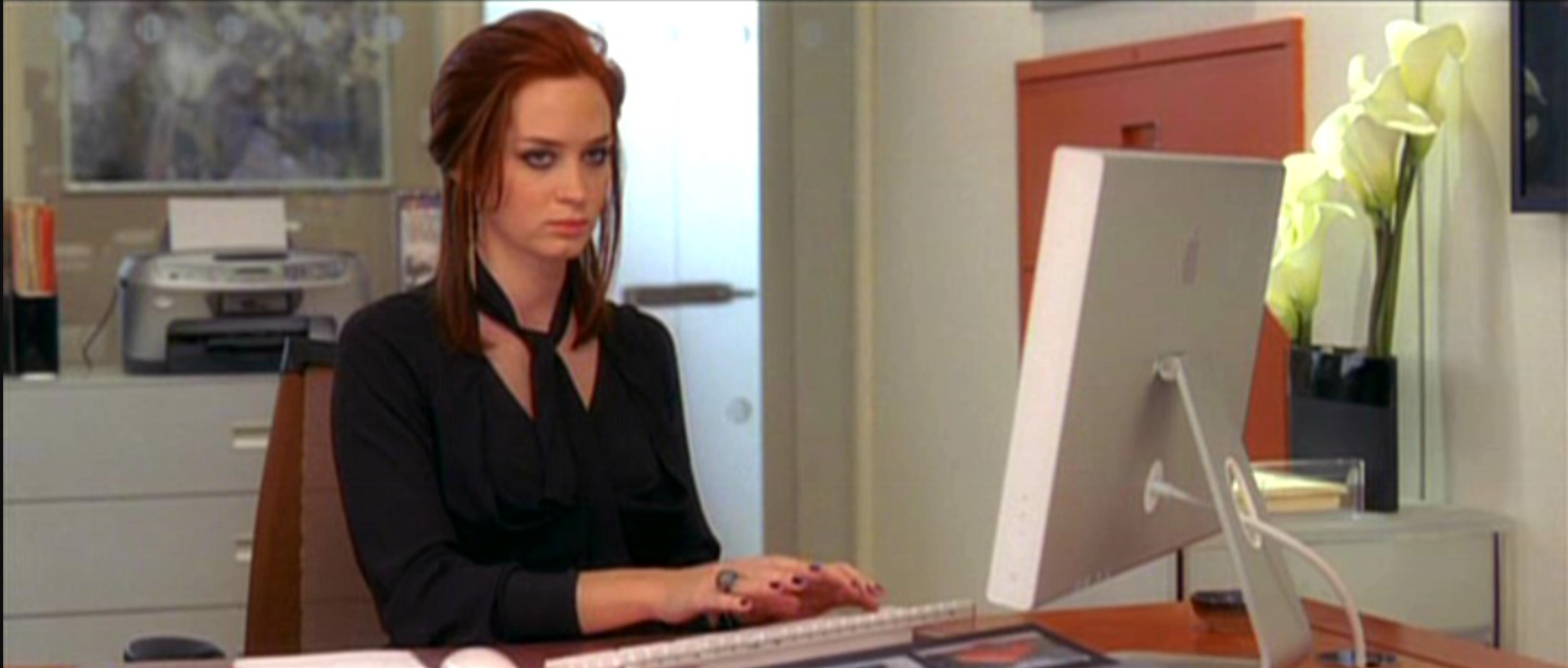It was but a few short years ago that discussions of ‘side hustles’, the ‘grindset’ and ‘toxic productivity’ would have been met with little more than a bemused expression from whoever was unlucky enough to be listening to you. The notion that anything is achievable if you just work hard enough might be a tale as old as capitalism, but today’s particular flavour of pulling yourself up by the bootstraps is distinctly 2020s: this is the age of hustle culture, of rising and grinding, of listicles outlining ‘10 things every CEO does to start their day’, and of millionaire Kim Kardashian telling you to “get your fucking ass up and work”. But with economic crisis looming and bills and inequalities alike rising exponentially, is this high-gloss neoliberalism quickly losing its shine?
Work under capitalism has always been unfulfilling and exploitative, the source of numerous power struggles and conflicts of interest. But it’s only relatively recently that a whole industry has sprung up to take advantage of our dissatisfaction: whether you’re stressed, bullied, underpaid or overworked, the internet would have you believe the answer lies in a self-help book, an assertiveness course, or an Instagram coach’s goal-setting workbook – and then getting back to work. If you’re not getting much out of your day job, you can always start a business on the side! Every problem you face under capitalism can apparently be solved by… more capitalism. And then, if they remain resolutely unsolved, the problem must be you. “It seems like nobody wants to work these days!” Kim Kardashian cries.
The fact is that hustling and grinding are individual pursuits that are no match for an entire system that doesn’t have our interests at heart. That’s true when politicians tell us the route out of poverty is hard work, and it’s true when rich celebrities say we can achieve anything if we just put our minds to it; we’ve never been able to magically work away entire systems and structures that operate to keep us down. But the insidious thing about hustle culture is that it dresses up the grind — and the individualism inherent in it — as something empowering and ultimately progressive. Even critics of hustle culture often fall into this trap, urging us to resist the hustle through ‘self-care’: a wellness retreat; a meditation app. We’re encouraged to fold in on ourselves instead of opening out to others. We all need rest, relaxation and time to ourselves; but we also need each other, not just for support and reassurance when we’re having a crap time at work, but for a collective voice and strength in numbers to challenge it.
A side hustle by any other name is a second job, and ‘burnout’ a description of the physical and mental health toll that exploitation will inevitably take on lots of us. But the hashtaggable vocabulary created by the career economy allows some of us – often middle-class, white and financially comfortable – to rise above the stigma attached to working multiple jobs and running ourselves ragged in the process. A care worker racing home for a shift in a pub and then being signed off with stress and exhaustion isn’t often described as having burnout from juggling her side hustle. Our pain is real and our challenges are shared. But hustle culture separates us further when the only answers to our problems are collective.
And never have those answers been more urgent than in the face of impending economic crisis. Last month — just weeks after Kim imparted her career advice for women in business — the websites and apps of every major energy provider in the UK crashed as we all raced to register meter readings ahead of an unprecedented price increase which experts say will lead to an ‘absolute poverty crisis’. Days earlier, food banks reported people turning down potatoes because they couldn’t afford to cook them. And just this week, new research found that salaries aren’t keeping up with these increases to the cost of living and that 3 in 4 people in the UK are looking for new jobs as a result.
The reality is that you could work as hard as you possibly can, for every single hour of the day, and your pay likely still wouldn’t increase in line with your costs. Far from setting up an Etsy shop as a creative side project, soon lots of us will be looking for second jobs just to make ends meet. This was the reality for many already, but as it engulfs huge swathes of the population, hustle culture and rhetoric look both increasingly useless and increasingly tacky. And it’s a gift to politicians and bosses, who can keep avoiding any large-scale structural changes so long as people continue attempting to graft their way out of an inescapable situation.
A job that pays enough, treats you well, and gives you the flexibility and time to live a whole and fulfilling life outside of it shouldn’t be too big an ask. We wouldn’t need a ‘grindset’ or a side hustle if we enjoyed high quality and well-paid work in the first place, in a system that let us enjoy our hobbies and leisure for their own sakes. Working harder and longer has never been able to save us, but as the scale of our problems increases and intensifies so dramatically, that’s never been clearer. It’s time to leave behind hustle culture and its individualistic offshoots in favour of solidarity and working together, because it’s only collectively that we’ll have the strength to face up to what’s in store.
Follow i-D on Instagram and TikTok for more on work and money.


